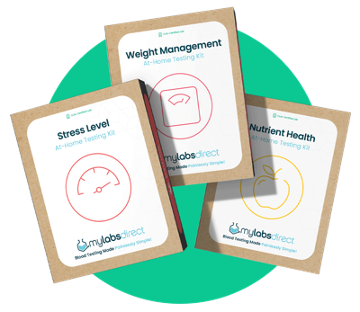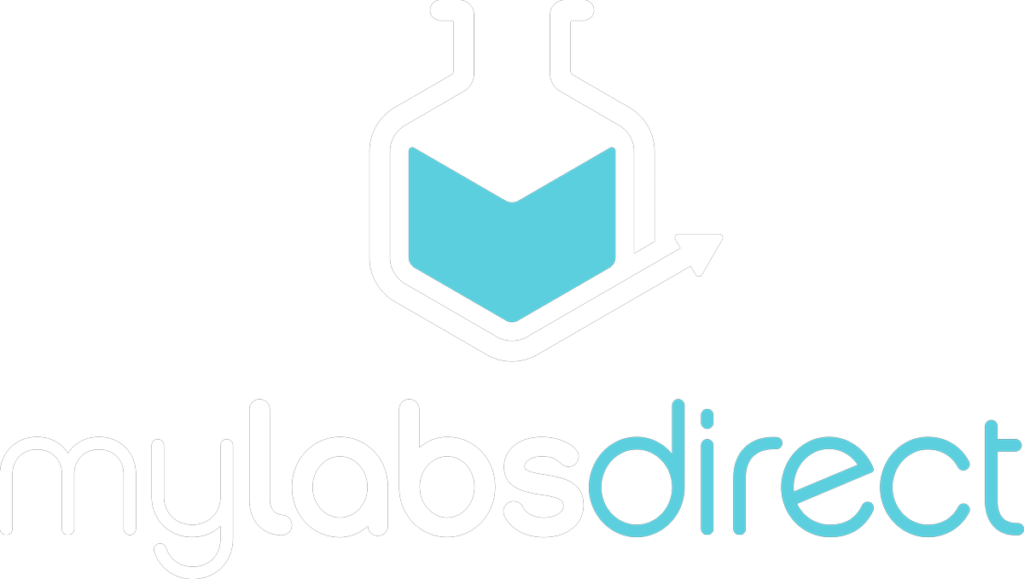
Maximizing Your Health Savings: A Comprehensive Guide to FSA and HSA Funds
INTRODUCTION
Flexible Spending Accounts (FSAs) and Health Savings Accounts (HSAs) are powerful tools for managing healthcare expenses while saving on taxes. In this blog, we’ll explore the ins and outs of these accounts, including their benefits, how they work, and tips for maximizing your FSA and HSA funds.
Understanding FSA and HSA
Flexible Spending Account (FSA)
- Pre-Tax Contributions: FSAs allow you to set aside a portion of your pre-tax income to cover qualified medical expenses.
- Use-It-or-Lose-It Rule: Generally, any unused funds in your FSA at the end of the plan year are forfeited. However, some plans offer a grace period or rollover option.
- Qualifying Expenses: FSAs cover a wide range of healthcare costs, including doctor’s visits, prescriptions, medical equipment, and even some over-the-counter items, like our At-Home Testing Kits.
Health Savings Account (HSA)
- Triple Tax Benefits: HSAs offer a triple tax advantage – contributions are tax-deductible, earnings grow tax-free, and withdrawals for qualified medical expenses are tax-free.
- No Expiry: Unlike FSAs, HSA funds do not expire, and they are portable, meaning you can take the account with you if you change jobs.
- Investment Potential: Many HSAs allow you to invest your contributions, potentially growing your savings over time.
Tips for Maximizing Your FSA and HSA Funds
FSA:
- Plan Carefully: Estimate your eligible expenses for the year and set your contribution amount accordingly to avoid forfeiting unused funds.
- Keep Records: Maintain records of your qualified medical expenses, including receipts and explanations of benefits.
- Shop Wisely: Take advantage of your FSA for necessary items, such as prescription eyewear and eligible over-the-counter medications.
HSA:
- Maximize Contributions: Contribute the maximum allowed by law to maximize your tax benefits and build a financial safety net for future medical expenses.
- Invest Strategically: If your HSA offers investment options, consider investing funds for potential long-term growth.
- Keep Receipts: Save receipts for qualified medical expenses, even if you don’t withdraw funds immediately. You can reimburse yourself later while enjoying tax-free growth on those funds.
- Educate Yourself: Understand the rules and regulations of HSAs to make the most of this powerful tool.
Conclusion
FSA and HSA funds offer significant financial benefits for managing healthcare expenses. By understanding the key differences and taking strategic steps to maximize your contributions and utilize your accounts effectively, you can save money, reduce your tax liability, and create a financial safety net for future healthcare needs. Be proactive in managing your FSA and HSA, and you’ll reap the rewards of these valuable healthcare savings tools.

